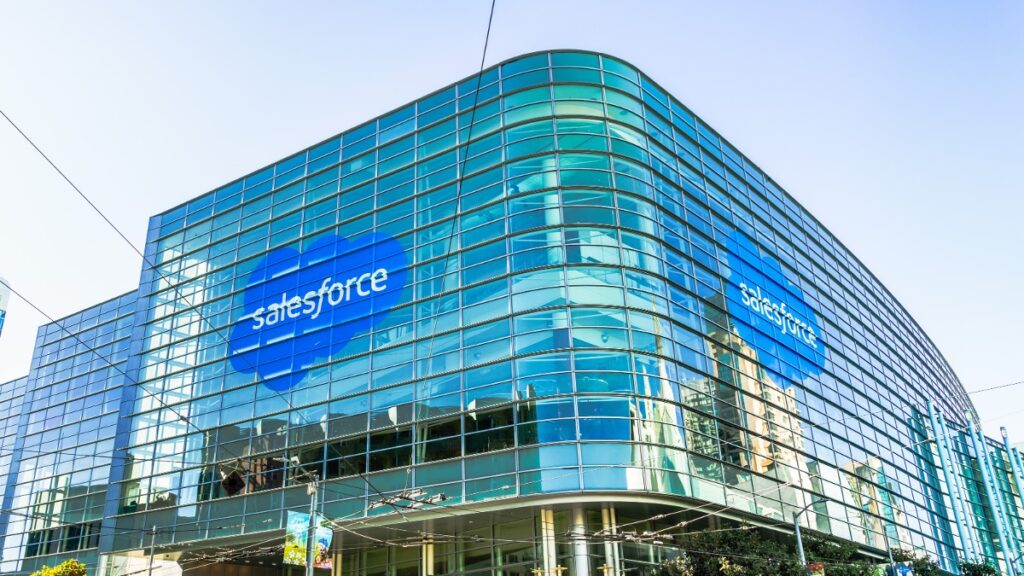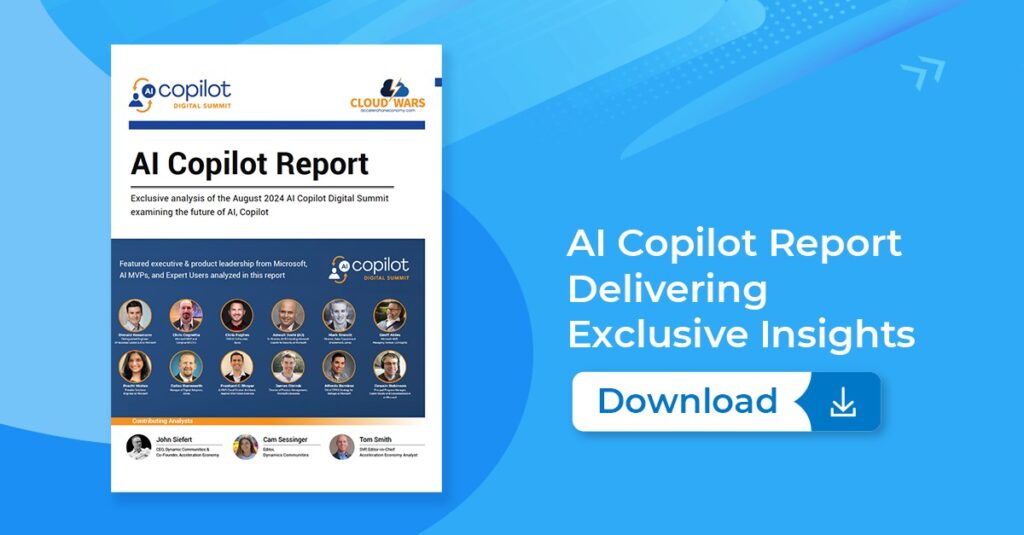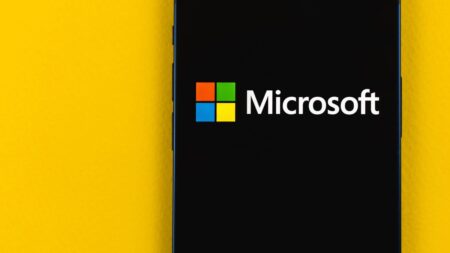
Stakeholders in the tech sector and beyond are eagerly anticipating details and proof points regarding Salesforce’s Agentforce. Every development related to this technology is newsworthy, as it is expected to represent one of the more significant advances in GenAI for 2024. However, we are still in wait-and-see mode concerning use cases and actual performance.
On the same day that Agentforce became generally available, Salesforce also launched a new initiative aimed at nonprofits. This initiative is designed to enhance their capabilities with GenAI and explore innovative ways it can benefit their organizations.
The new Salesforce accelerator program, Agents for Impact, will allow selected nonprofits to use various Agentforce capabilities, including tools and features to build and customize AI agents.
Goal: Impact the Burnout Problem
Agents for Impact is the fifth Salesforce accelerator launched since 2020. This program not only provides access to Agentforce and related Salesforce technology but also includes funding and access to AI experts. The initiative aims to tackle some of the key challenges faced by non-profits, particularly staff shortages and burnout, which can be addressed through the use of autonomous AI agents.
Naomi Morenzoni, SVP of Climate and Innovation Philanthropy at Salesforce, explained the vision for the new accelerator program. “I was reading this study recently where they said 95% of the leaders in nonprofits are concerned with burnout,” she says. “They’re saying that more than half of them are dealing with staff shortages as one of their biggest challenges.
“And so this is where we get really excited about agents, because agents can provide that ‘always on’ assistant that’s going to help an organization deliver its mission.

AI Agent & Copilot Summit is an AI-first event to define opportunities, impact, and outcomes with Microsoft Copilot and agents. Building on its 2025 success, the 2026 event takes place March 17-19 in San Diego. Get more details.
“What the accelerator does is it provides $2 million to a cohort of nonprofits, and it provides access to a two-year contract of donated Salesforce technology to support that vision,” say Morenzoni.
Organizations that are accepted into the accelerator will receive six months of coaching from Salesforce experts and other volunteers, along with 12 months of dedicated consulting access on various topics, including GenAI.
Use Cases
“One [use case] is around case management,” says Morenzoni. “This is a pretty standard solution set that we see in the Health and Human Services area.” In this scenario, Agentforce can provide a case manager with real-time client insights and autonomously manage routine tasks such as summarizing case notes, scheduling follow-up meetings, and sending referrals to other agencies.
In another example, the education charity College Possible, which was part of an earlier accelerator, is now using AI agents to support coaches that work with current and prospective college students. These agents are helping to streamline access to resources and navigate complicated financial aid programs.
“They’re going to be using Agentforce to help these near peer advisors to serve up relevant articles, the deadlines for applying for financial aid for different colleges, and knowledge about those students, like, what the student might be qualified for, their GPA, where they are looking to go to college,” explains Morenzoni.
“The students and coaches then have access to this 24/7 agent who can answer questions, escalate issues to the human if it’s needed, and really streamline that onboarding process to ensure that students get that guidance that’s up to date and critical in that moment.”
When exploring the difference between agents and assistants, a discussion point that frequently arises in conversations about the emergence of agentic AI, Morenzoni explained that Agentforce agents are built on core components already existing within Salesforce. “Think about the role definition that you already have with, for example, [a] case manager,” she says.
“The case manager can see the information about [a] constituent, but a fundraiser can’t. There’s data — structured and unstructured data — that that case manager may be able to look at and that agent is also engaged with the actions.
“The agent might be able to schedule a follow up, but it can’t also do a referral for that particular organization, based on the [work] flows that are already within Salesforce, that are already approved, and within the guardrails and the other channels that they may have.”










